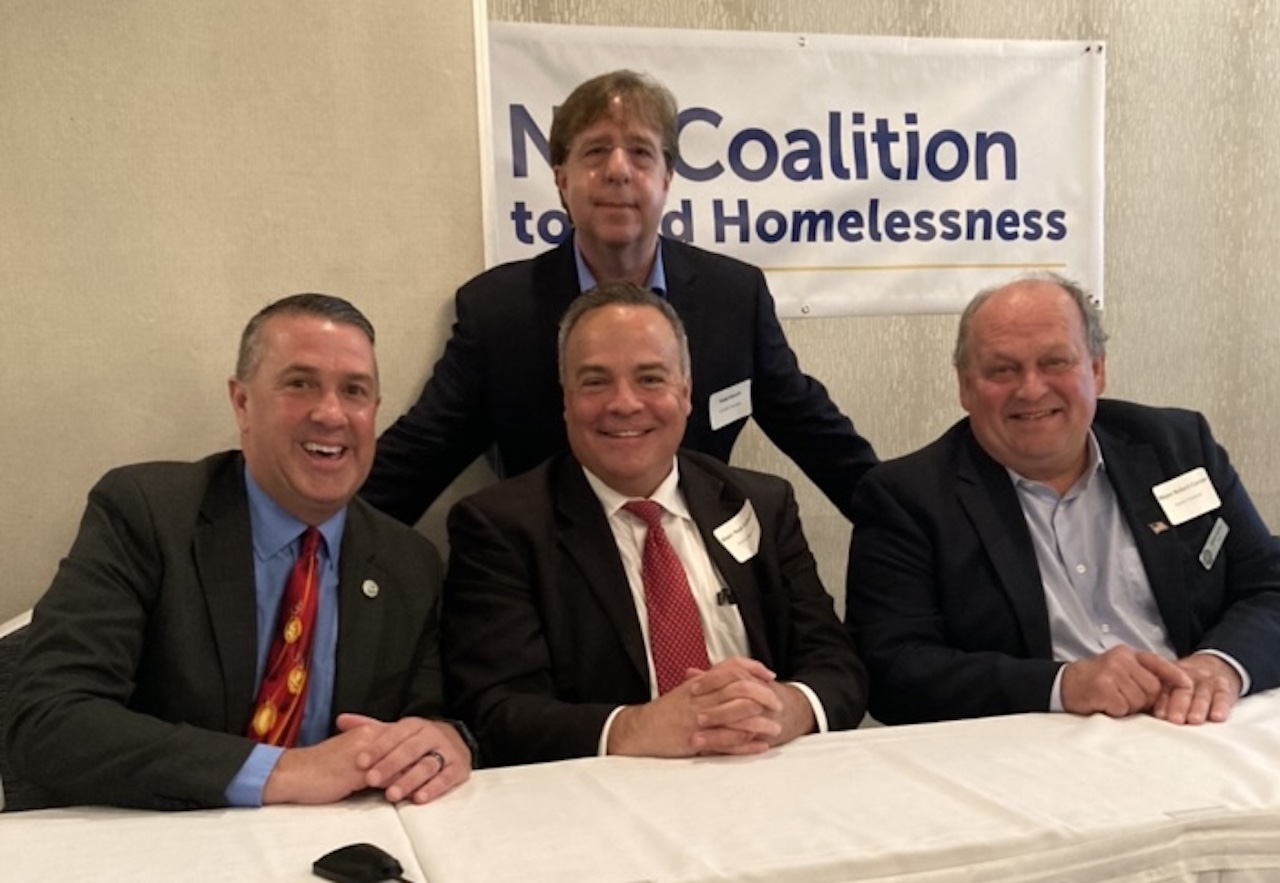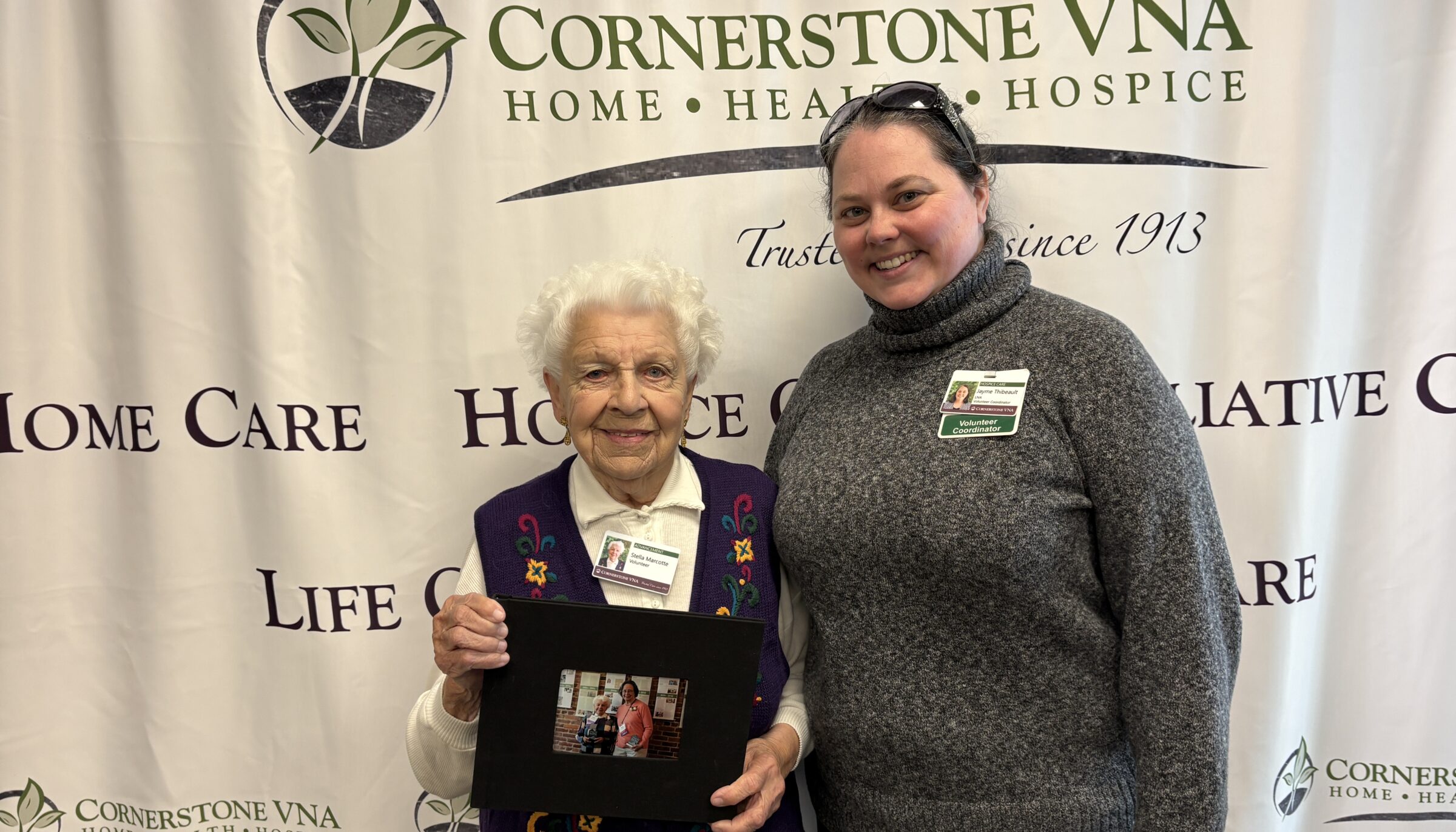On October 25th, the Housing Stability Solutions Summit, a community collaboration responding to local trends in homelessness, was held at the Holiday Inn Conference Center, in downtown Concord.
The intent of the summit was to engage with stakeholders from across the state to learn more about communities with unique responses to homelessness trends and explore localized solutions from around the region.
As part of the program, Todd Marsh, Welfare Director for the City of Rochester, moderated a segment focused specifically on community approaches to winter sheltering, a panel discussion featuring Mayor Dana Hilliard, Somersworth, Mayor Bob Carrier, Dover, and Mayor Paul Callaghan, Rochester.
“As director of Rochester City Welfare and president of the NH Local Welfare Administrators Association, I was honored to moderate the Tri-City Mayor’s presentation and discussion portion of the NH Housing Stability Solutions Summit on Tri-City collaboration and solution-finding efforts for housing and homelessness,” said Marsh. “Inviting the Rochester, Dover, and Somersworth Mayors to present their collective initiatives to more than 250 advocates for housing solutions is a testament to the statewide awareness of our Tri-City efforts.”
According to Marsh, there was agreement throughout the summit that people serving within government and people working outside of government can acknowledge that different dynamics exist between each entity while recognizing the need to collaborate for the betterment of people in need.
“We should not let the pursuit of perfect solutions prevent actionable progress,” Marsh added.
The collaboration between Rochester, Dover, and Somersworth began in December 2018 when extreme cold forced municipalities to explore potential solutions for people in need, specifically the homeless population. Due to overcrowded shelters at the time, each city worked to create temporary warming centers, offering support to one another and sharing resources. The effort eventually led to the creation of the Tri-City Mayor’s Joint Homeless Taskforce, resulting in a joint master plan to coordinate and fund various efforts, including a Warming Center for Strafford County.
Mayor Dana Hilliard referred to the efforts of the Tri-City collective as “a team approach to governing” which became what Hilliard describes as the bedrock of their approach to tackling homelessness issues.
“Through our collaborative efforts, we have been able to establish a direction of bringing long-term sustainable solutions to the homeless issues throughout our county,” said Hilliard. “Government cannot solve this issue alone, but we can lead in forging the partnerships necessary towards inching us forward on long-term solutions.”
Mayor Paul Callaghan echoed Hilliard’s statements, adding that beyond the efforts put forth by the Tri-City collective, each respective city has its own initiatives to address the immediate individual needs.
“Each city is working to address and find unique solutions to issues that are specific to our respective communities,” said Callaghan. “In Rochester, we plan to keep our public buildings accessible for people in need of warmth during regular business hours. For 24/7 access, we will offer space in our Police Department for warming, which is critical when the Willand Drive Emergency Warming Center is not in activation. Similarly, Somersworth and Dover are doing what they can to offer support to the people of their communities as well. We still have work to do, but it’s a start.”
Stephanie Savard, Director of the New Hampshire Coalition to End Homelessness, concluded that the NH Housing Stability Solutions Summit was an incredible opportunity to bring together key stakeholders across a variety of sectors to learn about and bring back to their communities successful models for responding to regional homelessness.
Savard applauded the Tri-City’s innovative partnership to develop a winter emergency warming center to protect the region’s most vulnerable community members.
“This model of true collaboration emphasizes the successful outcomes that are possible when all sectors think creatively and recognize that there are no borders to homelessness,” said Savard.









